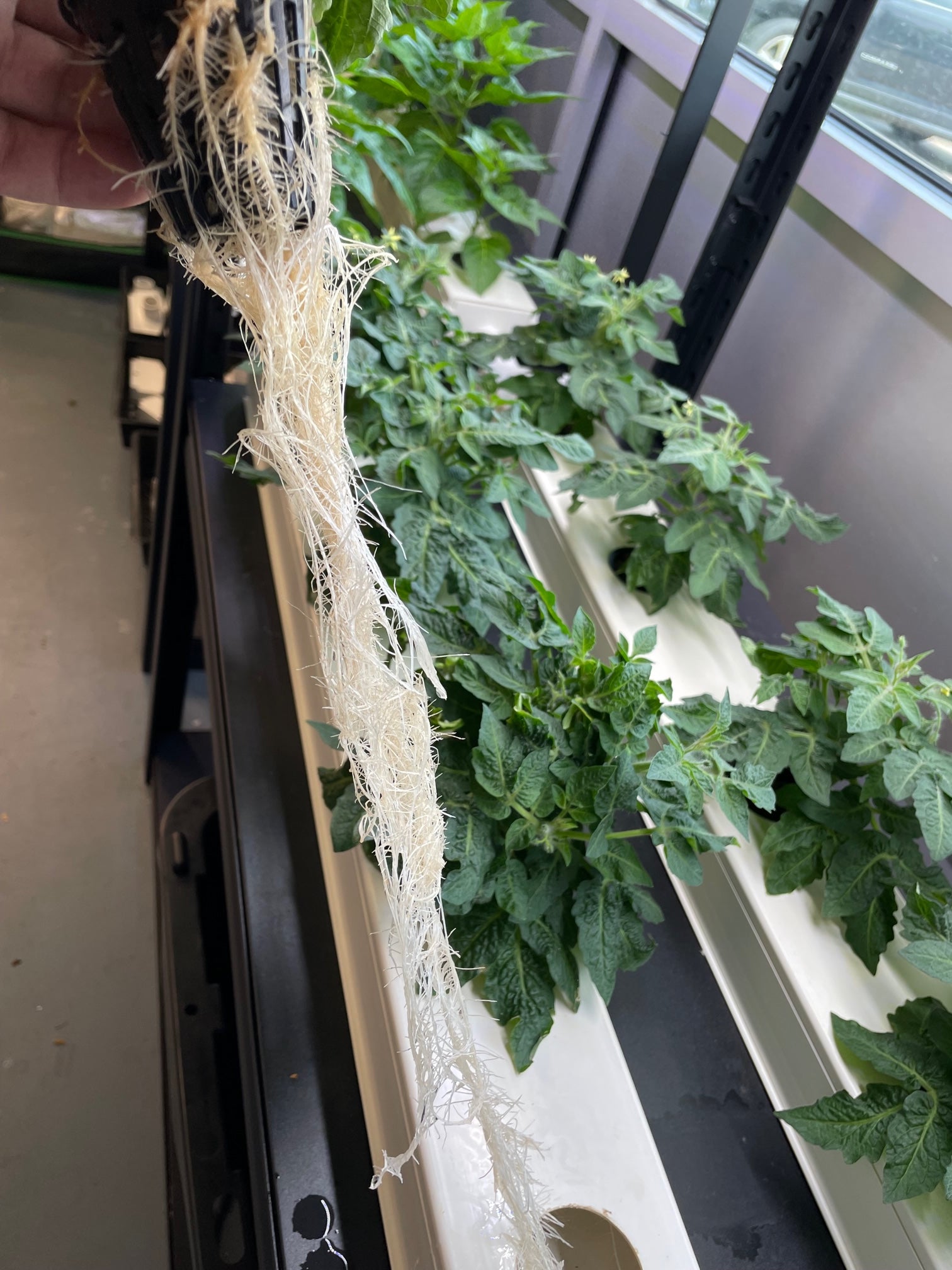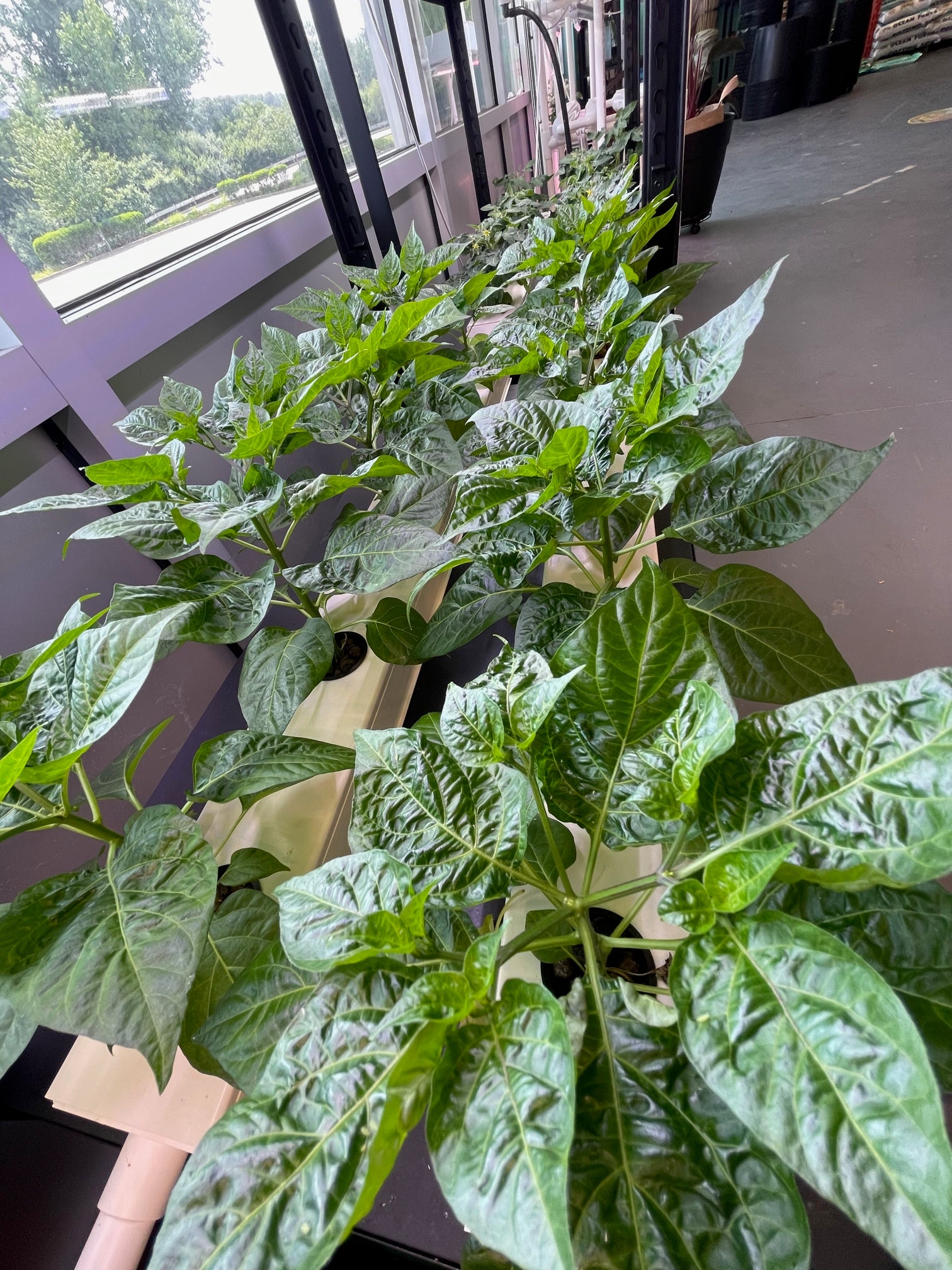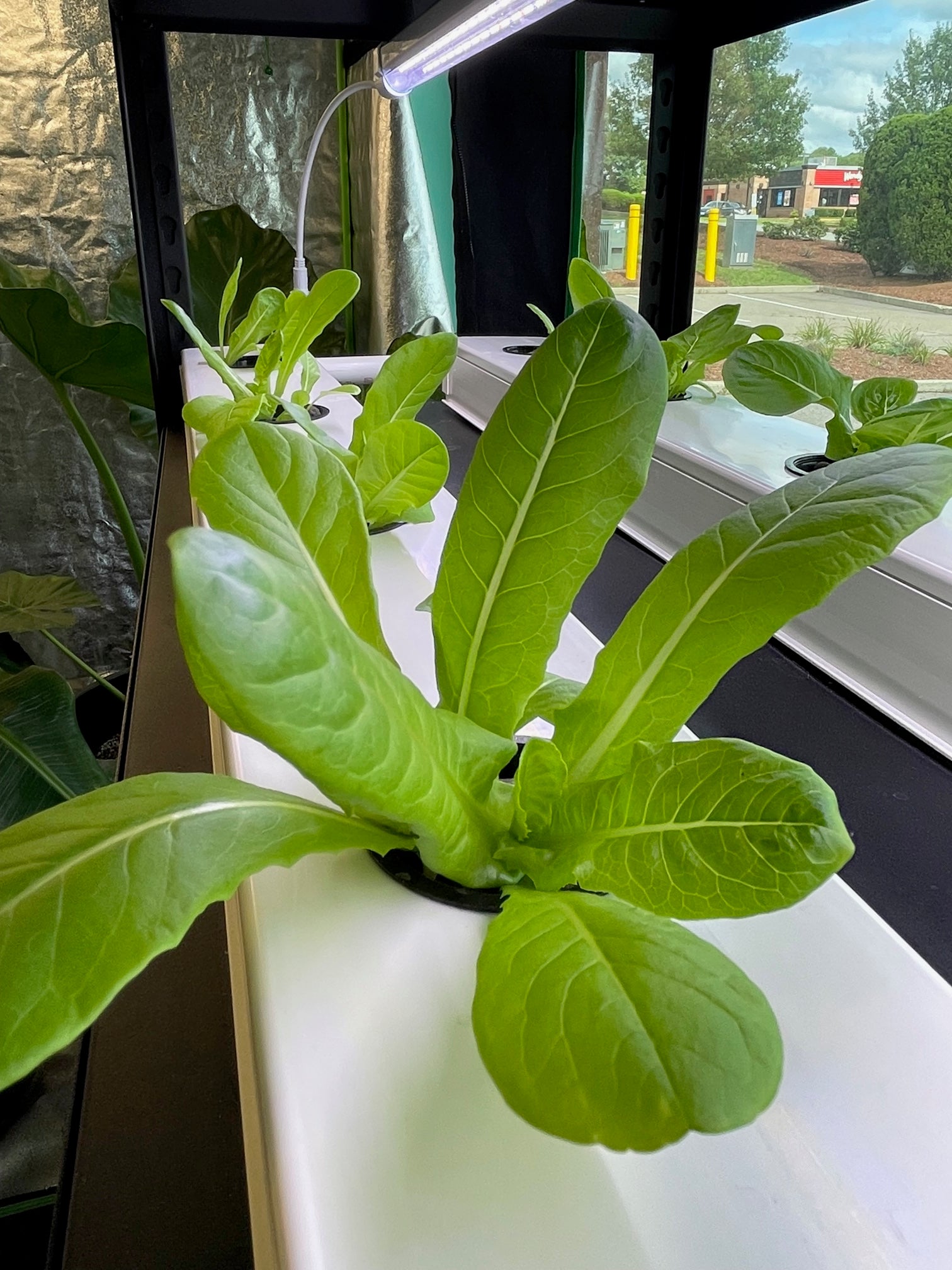
Debunking the Myth: Plastic Fence Posts and DIY Hydroponics
Share
The global interest in hydroponic and aquaponic gardening has seen a steady rise over the years, and for good reason. This method of growing plants without soil offers numerous benefits such as space efficiency, resource conservation, and faster growth rates. Yet, a significant part of achieving these benefits relies on the careful selection of hydroponic equipment, particularly the channels or grow trays where the plants will reside.
A growing trend within the hydroponic community is the use of DIY channels, particularly repurposed fence posts. On the surface, this seems like an economical and sustainable choice. However, the practicality of such a choice is highly debatable, and this blog post aims to explore why.
Why DIY Fence Post Channels are a No-Go
Toxicity Risks with Plastic Fence Post Channels
Despite the appeal of saving costs with a DIY approach, utilizing fence posts as makeshift hydroponic channels presents a host of problems.
In hydroponic and aquaponic systems, every component's choice matters, directly impacting your system's health and productivity. This rings especially true when considering using plastic fence posts as makeshift channels due to potential toxicity.
Toxic Additives in Plastics
Most plastics, including those used for fence posts, contain various additives that provide them with their desired properties - from color and flexibility to UV resistance and durability. Some common additives include phthalates, bisphenols, and polybrominated diphenyl ethers (PBDEs). While these additives enhance the plastic's functionality, they also pose significant toxicity risks when repurposed for hydroponics or aquaponics.
Over time, especially under the influence of sunlight, heat, or constant water exposure, these additives can leach out of the plastic and into the hydroponic or aquaponic solution. They can then be absorbed by plants, impacting their growth and potentially rendering them unsafe for consumption. The leaching of these substances poses even greater risks in aquaponic systems, where aquatic life is extremely sensitive to water quality changes.
Plastic Degradation
Plastic fence posts are designed to be weather-resistant, but they aren't necessarily designed for the constant water contact or UV exposure found in many hydroponic or aquaponic systems. Over time, this can lead to the degradation of the plastic, releasing harmful substances into your system.
Microplastics, tiny particles resulting from plastic degradation, are of particular concern. As they break off from the posts, they can end up in the hydroponic or aquaponic water, where they can be ingested by plants or aquatic life, leading to potential health risks.
Unverified Safety Standards
Fence posts and the coatings used are not produced with the intention of being in constant contact with edible plants or aquatic life. As such, they may not adhere to the same safety standards as materials specifically designed for hydroponic or aquaponic use. This lack of regulation means that potentially harmful substances may be present in the posts, posing risks to your system and ultimately to your health if the produce is consumed.
Cost-Effective Alternatives
After examining the potential risks and downsides of using plastic fence posts for DIY hydroponic systems, it becomes evident that this approach is far from ideal. From toxicity concerns linked to harmful additives to the non-specialized design that could impair optimal water flow and nutrient distribution, these issues present serious roadblocks for hobbyists and professionals alike. With PVC Hydroponic Systems gaining popularity in recent years, it is important to keep health and durability in mind when planning your DIY Hydroponics System.
Embracing purpose-built solutions for hydroponic systems, like agriculture specific Hydroponic NFT Channels and NSF Certified Schedule 80 PVC can alleviate these concerns. By choosing products specifically designed for hydroponics, you're investing in the health and productivity of your plants, the longevity of your system, and ultimately, your peace of mind.





